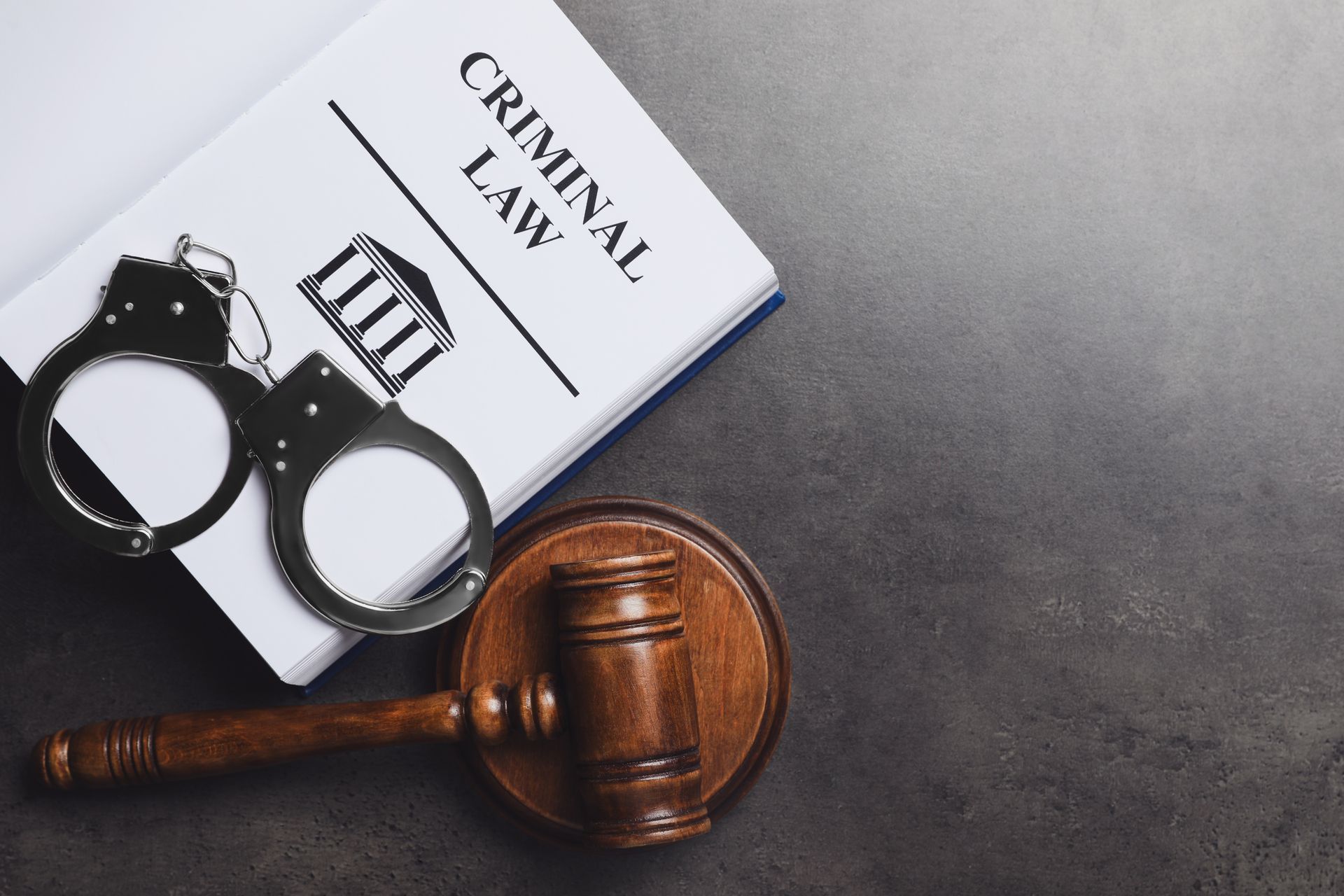Location
2901 S. Carlson Drive
Suite 315
Hammond, Indiana
Hours
- Mon - Fri
- -
- Sat - Sun
- Closed
The Anatomy of a Criminal Trial: A Step-by-Step Guide to Understanding the Trial Process
The Anatomy of a Criminal Trial: A Step-by-Step Guide to Understanding the Trial Process
Hey! I am a criminal defense attorney located in Northwest Indiana. I represent criminal defendants who have been accused of crime from a wide ranges of charges. I take care of the legal side so your dreams can stay alive. Today, I want to talk to you about process of a trial in criminal cases.
A criminal trial is a complex and multifaceted process that can be difficult to understand for those who are unfamiliar with the legal system. If you or a loved one is facing criminal charges, it is essential to have a basic understanding of the trial process. In this blog, we will break down the anatomy of a criminal trial into a step-by-step guide, to help you understand what to expect.
Step 1: Jury Selection
The first step in a criminal trial is jury selection. The prosecutor and the defense attorney will question potential jurors to determine whether they are impartial and able to make a fair decision based on the evidence presented.
Step 2: Opening Statements
After the jury is selected, both the prosecution and the defense will give opening statements. The prosecution will outline the charges and present the evidence they will use to prove guilt. The defense will present their theory of the case and explain why their client is innocent.
Step 3: Presentation of Evidence
The presentation of evidence is the most critical part of a criminal trial. The prosecutor and defense attorney will present their evidence, including witness testimony, documents, and physical evidence. Both sides will have the opportunity to cross-examine witnesses to test their credibility.
Step 4: Closing Arguments
After all evidence has been presented, both the prosecution and the defense will give closing arguments. This is the final opportunity for each side to convince the jury of their case's merits.
Step 5: Jury Deliberation
After the closing arguments, the jury will be instructed on the law and sent to deliberate. The jury will discuss the evidence presented and determine whether the defendant is guilty or not guilty. In some cases, the jury may be unable to reach a unanimous decision, resulting in a hung jury.
Step 6: Verdict
After the jury reaches a verdict, it will be read aloud in court. If the defendant is found guilty, the trial will proceed to the sentencing phase. If the defendant is found not guilty, they will be acquitted and released.
Step 7: Sentencing
If the defendant is found guilty, the sentencing phase will begin. The judge will consider factors such as the severity of the crime and the defendant's criminal history before imposing a sentence.
In conclusion, the criminal trial process is a complex and intricate process that requires careful attention to detail and a thorough understanding of the law. If you or a loved one is facing criminal charges, it is essential to have a skilled criminal defense lawyer by your side. They can help you navigate the process and ensure that your rights are protected throughout the trial.
Oftentimes, we are unable to convince the State that charges should be dismissed and there is simply not enough evidence to prove someone guilty of a crime, thus we may have to prove your innocence at trial. This is why it is important to have confident and experienced trial lawyer with you every step of the way with your criminal charges. If you are facing criminal charges and you are located in the northern Indiana, feel free to contact my office, we would love to hear about your case for free and discuss possible options to making sure your freedom is protected!


Schedule a Case Evaluation
Contact us now!
Homepage FCE Form
We will get back to you as soon as possible.
Please try again later.
By submitting this form, you agree to be contacted by our law firm, either by phone, text or by email.
Hours
- Mon - Fri
- -
- Sat - Sun
- Closed
Hammond Office
2901 S. Carlson Drive
Suite 315
Hammond, Indiana
South Bend Office
1251 N. Eddy St.
Suite 200, Room 28
South Bend, Indiana, 46617
Contact Information
Phone: 219-281-6166
Tippecanoe County Office
101 Foundry Drive
Unit 1200
West Lafayette, IN 47906
Allen County Office
116 E. Berry St.,
Fort Wayne, IN 46802
Disclaimer: The information on this website is for general information purposes only. Nothing on this site should be taken as legal advice for any individual case or situation. This information is not intended to create, and receipt or viewing does not constitute an attorney-client relationship.
All Rights Reserved | Justin Camper Law, LLC | Powered By Convert It Marketing | Privacy Policy
All Rights Reserved | Justin Camper Law, LLC | Powered By Convert It Marketing | Privacy Policy






